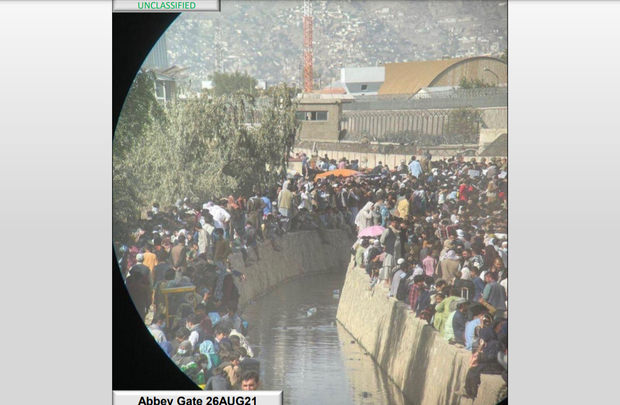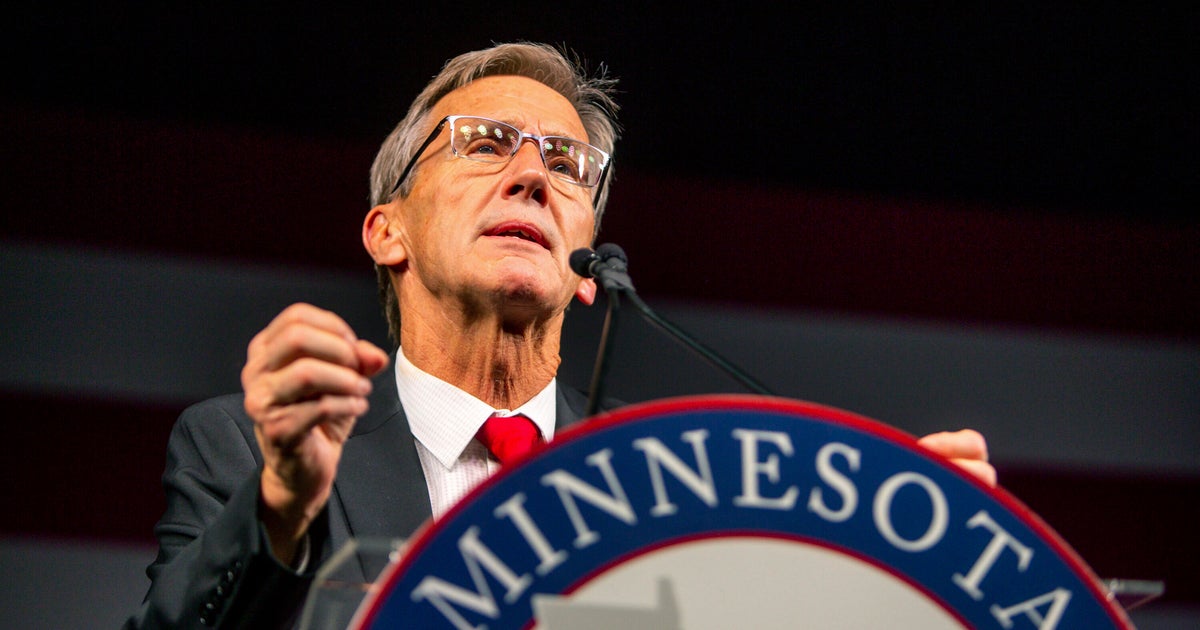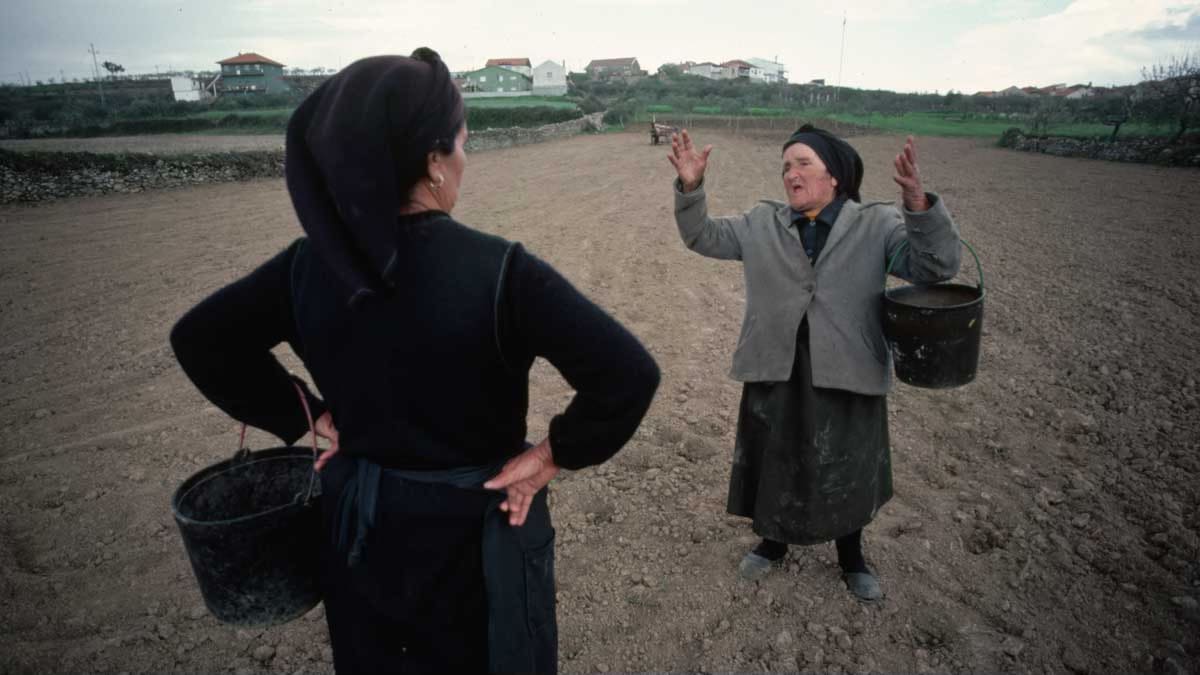Journalist George Packer says thousands of at-risk Afghans left behind are "getting almost no help from the U.S. government"
Journalist George Packer, who has reported extensively on the wars in Iraq and Afghanistan, told CBS News on Tuesday that tens of thousands of Afghans are left behind in Afghanistan with their lives in danger due to their ties with the U.S. government, leading private citizens to take charge of their evacuation.
Packer said he believes President Biden feels he has "zero responsibility" to the Afghans whose lives remain at risk in the country.
"It's as if Biden's sense of obligation and loyalty extends to the United States and to our troops and to those ties that he feels so strongly. But once you get beyond that, he kind of digs in," Packer said. "He gets actually rather combative and says we have zero responsibility."
Packer spoke to CBS News following the publication of his story for The Atlantic, "The Betrayal," which details the chaotic withdrawal from Afghanistan and the private American citizens who have been trying to help evacuate allies who didn't get out.
Details from the U.S. Army's investigation into the August 26 attack at the airport in Kabul, which killed 13 U.S. service members and 170 Afghans, were released Tuesday. The report detailed chaos during the evacuation, and said service members were forced to "play God" to decide who would leave.
Thousands of Special Immigration Visa applicants who were not evacuated remain in the country fearing for their safety. The SIV process was created by Congress in 2008 for Afghans and Iraqis who supported U.S. troops during the long wars in both countries.
Now private citizens have taken the matter into their own hands by paying for private charter flights to get these Afghans out of danger, Packer said.
"They're getting almost no help from the U.S. government. In fact, often Homeland Security and the State Department are obstacles. So these advocates, including veterans, feel as if the government has moved on and forgotten about them and about the Afghans who they feel a debt of honor to bringing out," he said.
The SIV applicants can be vetted on U.S. military bases abroad, such as in Qatar, Italy and other so-called lily-pad bases, prior to arrival in the U.S.
"Vetting is not the problem. The problem is bureaucratic and political will to actually unblock the exits and bring people out again," said Packer.
When President Biden announced in April 2021 that the last of the U.S. troops would leave Afghanistan by September, there were approximately 18,000 Afghan special visa applicants in the pipeline, not including spouses and children. The 14-step bureaucratic process can take years to complete. Packer alleged that the SIV process has never worked well, almost coming to a halt under the Trump administration. But after the withdrawal announcement, the Biden administration could have started evacuation flights of SIVs that spring. The administration chose not to, Packer said.
The Biden administration is establishing a system based in Qatar designed to fast-track the processing of at-risk Afghans overseas and ensure they can arrive in the U.S. with permanent legal status and a resettlement destination already selected, senior government officials announced Tuesday.
"It seems as if we've fallen back into the bureaucratic slumber that we were in before the fall of Kabul. And meanwhile, people in a desperate and cold and starving country are hiding out and looking for any way to escape," Packer said.
Ellee Watson, Jake Rosen, and Camilo Montoya-Galvez contributed to this report




